
FARM NEXT SEASON 1
FARM NEXT
Farm Next, a new Pivot Bio Original series, where some of the greatest minds in agriculture take center stage to showcase the next big thing in ag. These entrepreneurs will get honest feedback from a panel of industry experts, farmers and investors. What does the next big breakthrough in agriculture look like? Will their ideas yield big? See what’s next – Farm Next.
CASTING FOR SEASON 3
We’re Casting for Farm Next
VIDEOS
Ep. 01: Clean Fuel
Ep. 02: Autonomous Robotics
Ep. 03: Low-carbon Crop
Ep. 04: Remote Land Management
Ep. 05: Carbon Measurement Technology
Ep. 06: Electrochemical Herbicide
Ep. 07: Grain Safety Robot
Ep. 08: Small-scale Autonomy
Ep. 09: Efficient Phosphorus Delivery
Ep. 10: Virtual Fencing
Ep. 11: Recap Special
HOST
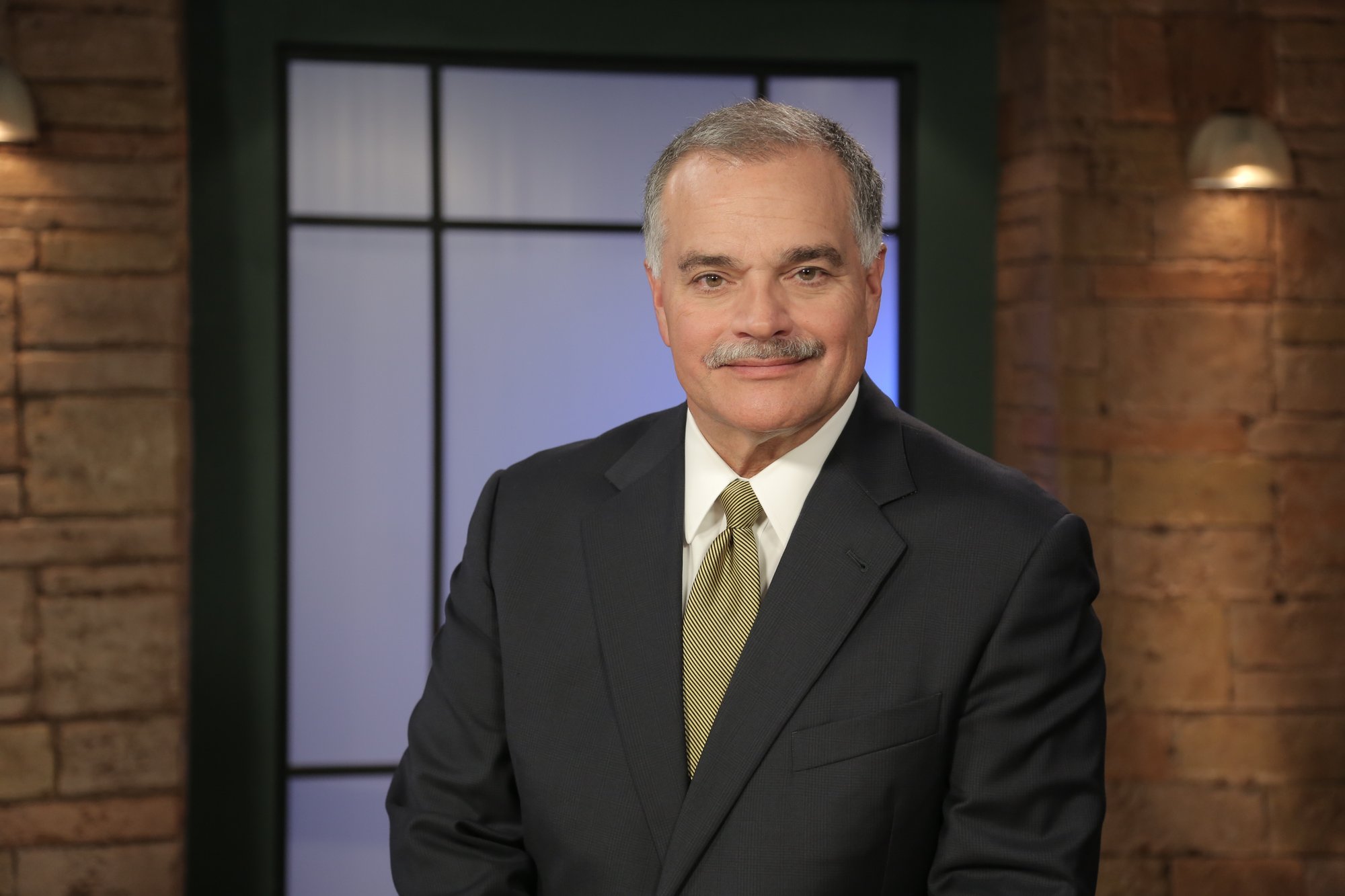
MAX ARMSTRONG
Max Armstrong is one of the most highly regarded and widely followed agriculture journalists in America. For more than 40 years his broadcasts have been viewed and heard by millions of farmers, ranchers, and consumers across the country.
The recipient of numerous honors from trade associations and farm organizations, Max is host of This Week In AgriBusiness on television, as well as Farm Progress America and Max Armstrong’s Midwest Digest on radio.
He is also a past president of the National Association of Farm Broadcasting and has been inducted into the NAFB Hall of Fame.
PANELISTS
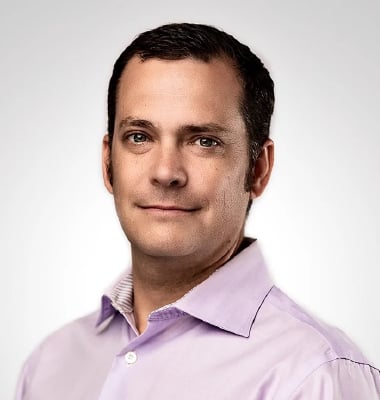
CEO and Co-Founder, Pivot Bio
Karsten Temme is an entrepreneur and engineer who has been fascinated with the limitless potential of the unseen microbes that inhabit our world. Seeking to produce “more than scientific journal articles,” and driven by the desire to create meaningful change in the world, Karsten partnered with his friend and colleague, Alvin Tamsir, to create Pivot Bio.
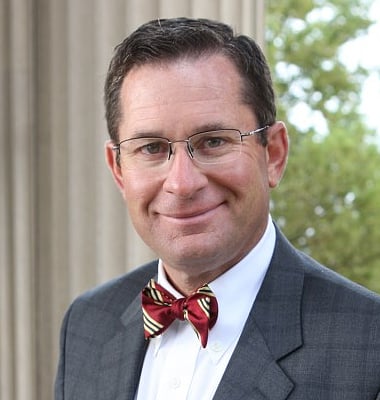
Entrepreneur, Investor, Philanthropist
Roger Underwood is the co-founder of Becker Underwood, a producer of specialty seed colorants, seed coatings, yield-enhancing biological inoculants and multiple biological crop protection products. When BASF acquired Becker Underwood in 2012, the company had grown to $265 million in sales. Roger serves on the board of directors for several companies and is an active supporter and contributor to Iowa State University. He is also an advisor to Pivot Bio.
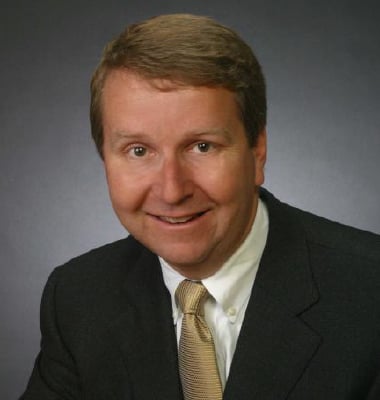
Founding Partner, Rural American Fund
Tom Karlson is the founder of the Rural American Funds. He began his career in 1985 and has more than 30-years’ experience advising privately-held companies on value enhancing strategies with a focus on increasing business value through strategic acquisitions. Tom is an entrepreneur who has founded and successfully grown two investment banking businesses.
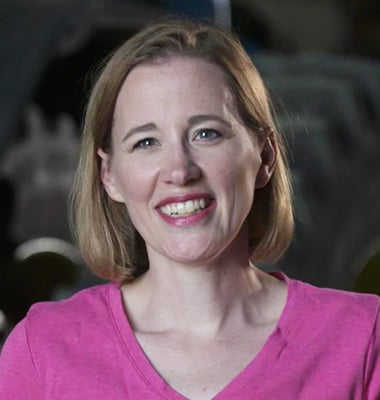
Third-Generation Farmer, Former National FFA President
Lisa Peterson credits her success in part to her FFA background. She’s served as both the Iowa and National FFA president and has co-hosted the National FFA pre-conference shows on RFD-TV. Peterson is a graduate of Iowa State University. She currently farms and runs a couple of agricultural businesses with her husband and family.
INNOVATORS
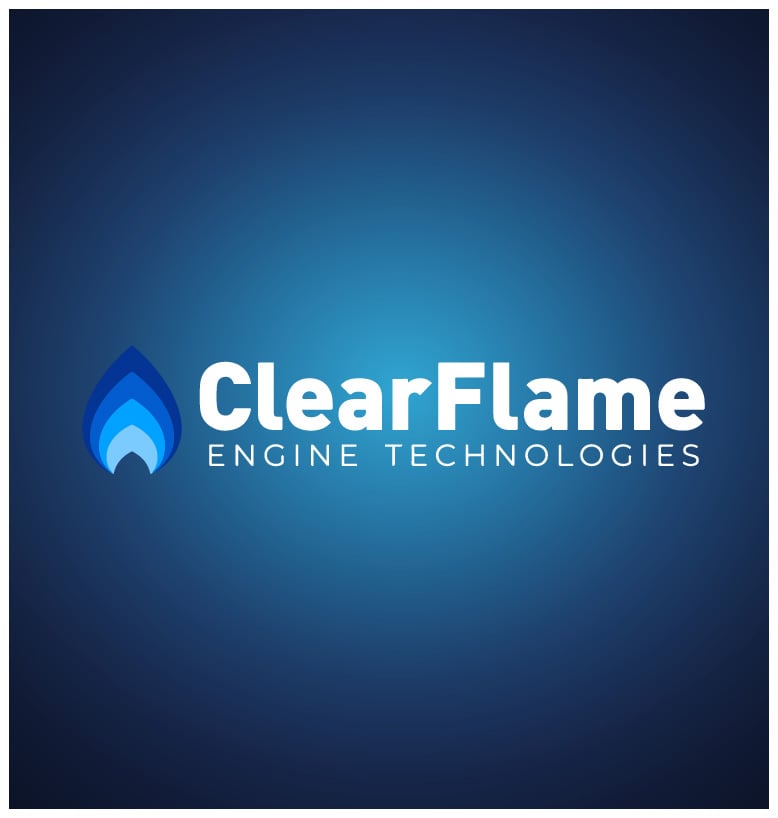
ClearFlame Engine Technologies
ClearFlame Engine Technologies, based out of Chicago, developed a technology that integrates low-carbon alternative fuels into diesel engines using a novel, high-temperature combustion process.
Using renewable, low-carbon, domestically sourced fuels like ethanol, ClearFlame has developed a patented system to upgrade the traditional diesel engine to achieve higher power output with significantly lower emissions of soot, smog and carbon dioxide.
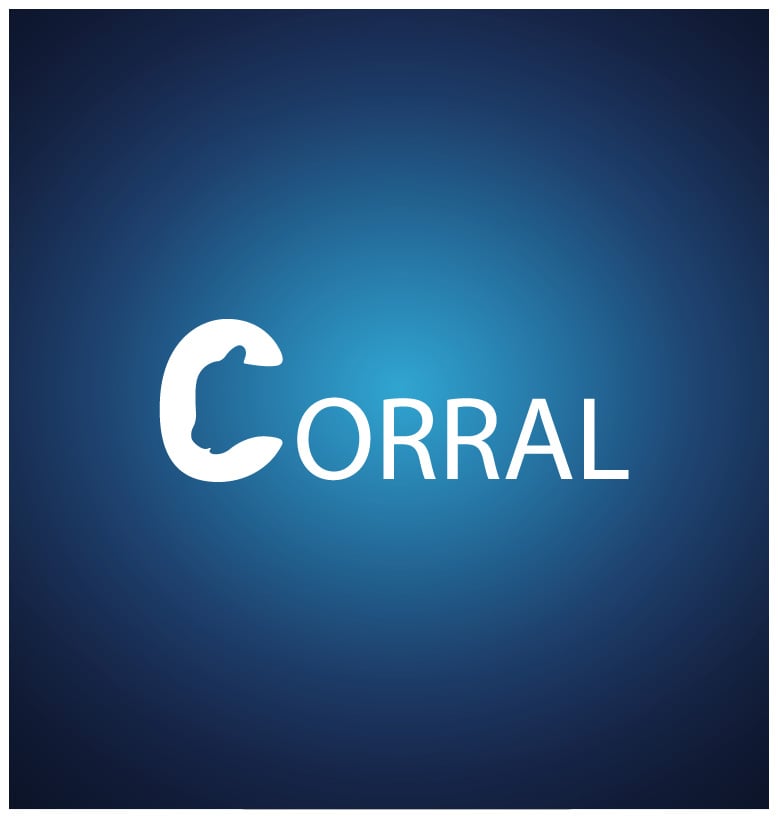
Corral
Jack Keating founded Corral Technologies with a passion to make ranching more efficient and profitable. Corral's virtual fencing technology and system of cattle wearables were specifically developed for cow-calf operations and are proven to be safe and effective.
Cow-calf operations utilizing Corral can virtually fence any pasture, decreasing the number of rented acres and reducing fencing costs. This technology allows ranchers to utilize more rotational grazing practices with less labor involved.

CoverCress
The CoverCress™ crop is an exclusive, new-to-market winter oilseed that creates a low-carbon source of fuel and feed. It acts like a traditional cover crop while also producing oil and high protein feed that can fit markets like canola.
Unlike traditional cover crops, which are planted to improve and protect the soil but are not harvested, CoverCress acts as a traditional cash crop. This unique combination of soil improvement with grain production without displacing other crops is what sets CoverCress apart.
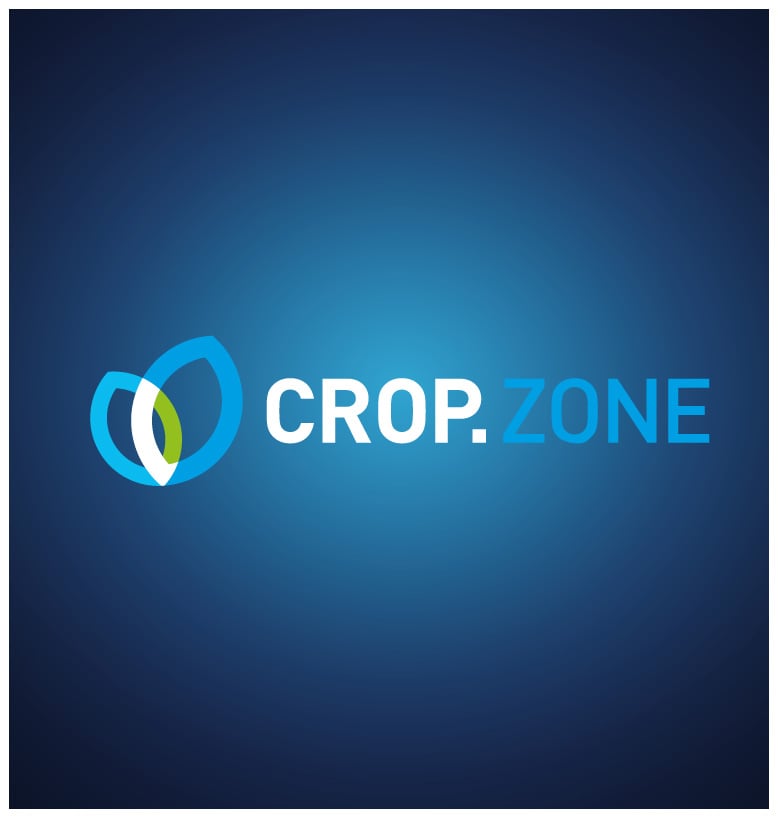
Crop.Zone
Crop.Zone developed an electrochemical solution to replace chemical herbicides. By combining non-toxic conductive liquids, following organic farming guidelines, and the applying a low voltage electric charge, Crop.Zone can create an effective weed control combination. By pre-treating and conditioning the plants with substances that are highly acceptable for agriculture, plant growth is
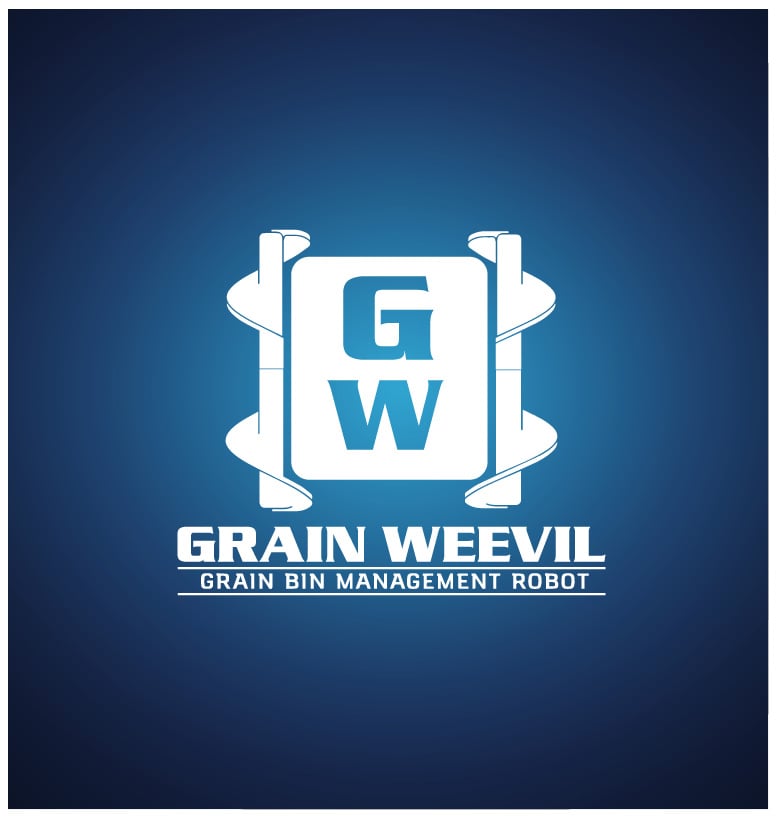
Grain Weevil
Developed by a father-son team in Aurora, Nebraska, Grain Weevil is a grain bin safety and management robot that directly engages the surface of the grain.
Grain bins are dirty, dangerous workplaces. The Grain Weevil robot will level, break crusts, do inspections and feed grain into the extraction augers, eliminating any need for the farmer to work in the bin.
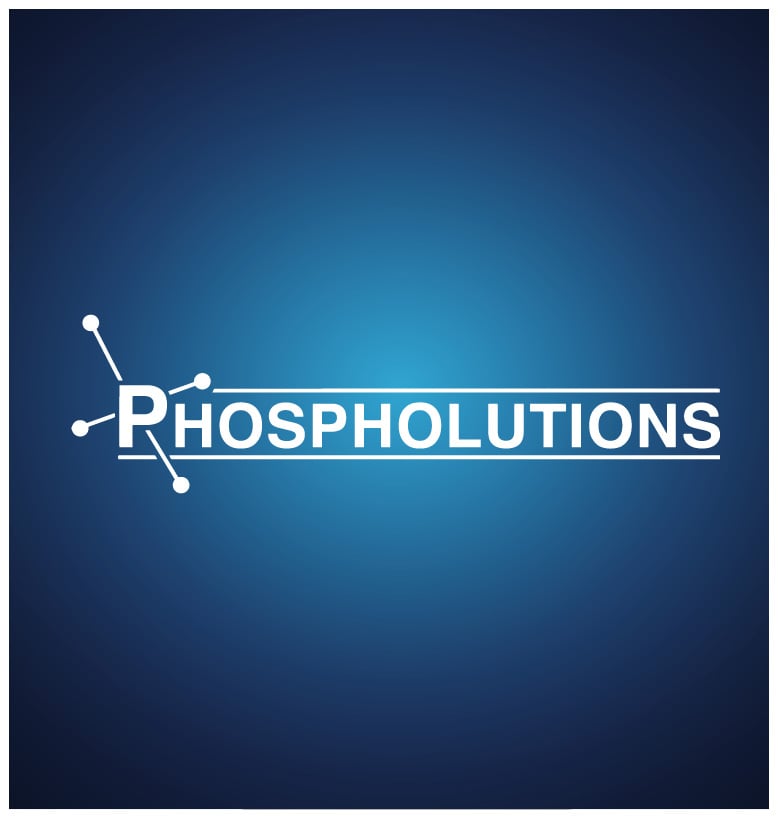
Phospholutions
Phosphorus is the second largest nutrient needed for food production, yet research shows only 10-30% of phosphorus is taken up by the plant. Inefficient use of phosphorus is depleting finite reserves and causing widespread global pollution.
Phospholutions developed RhizoSorb, a product that effectively and efficiently delivers fertilizer to the plant and helps utilize existing phosphorus in agronomic soils. Phospholutions is dedicated to developing technologies to enhance the efficiency and reduce the environmental impact of phosphorus.
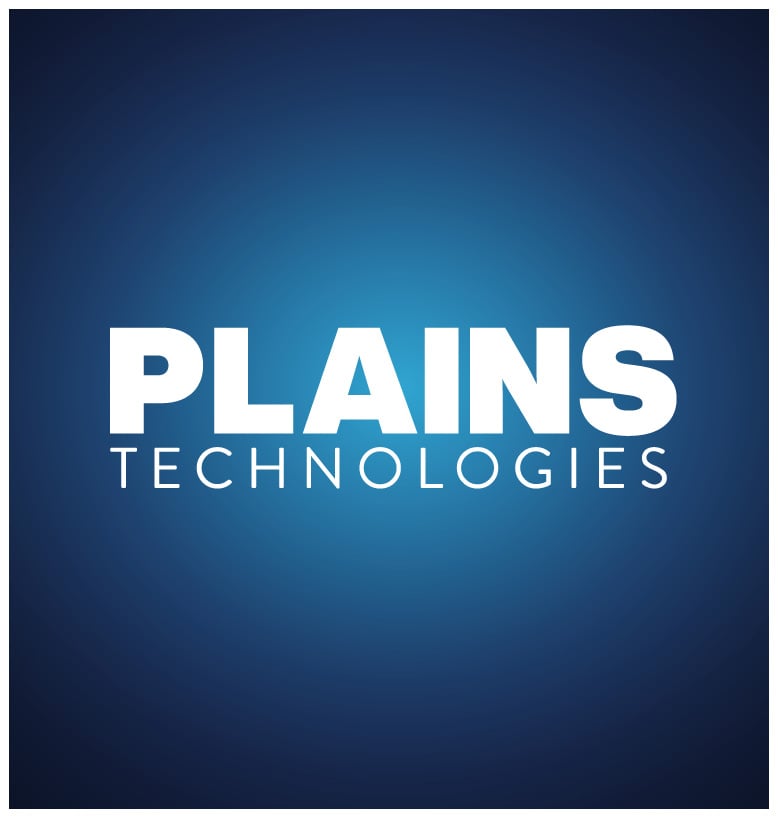
Plains Technologies
University of Nebraska-Lincoln Professor Santosh Pitla envisions a future in which swarms of small, autonomous robots roll through row crop fields, planting seeds or applying fertilizers. These highly sensitive robots could detect conditions, such as soil makeup and moisture, in a given field and apply varying amounts of inputs tailored to the conditions.
Santosh and his team have been working to develop the framework and automation for this system at the Nebraska campus.

Salin 247
Salin 247 is developing small-scale, lightweight, electric-powered, autonomous farm equipment. By using smaller, lighter, less costly equipment in the field, Salin 247 believes growers will be able to reduce soil compaction, lower capital, and operating costs, increase asset utilization, alleviate labor issues, and contribute to a cleaner environment.

Verge Ag
Verge Ag develops solutions that help farmers manage their land and equipment to execute field operations efficiently and remotely.
Verge Ag's software technology, Launch Pad, combines interactive field mapping simulations with geospatial intelligence that recognizes each field's unique shape, topography, and obstacles. Launch Pad can help farmers compare inf-field equipment paths and create routes and rows that generate greater farm profits, all without ever stepping foot in the cab.
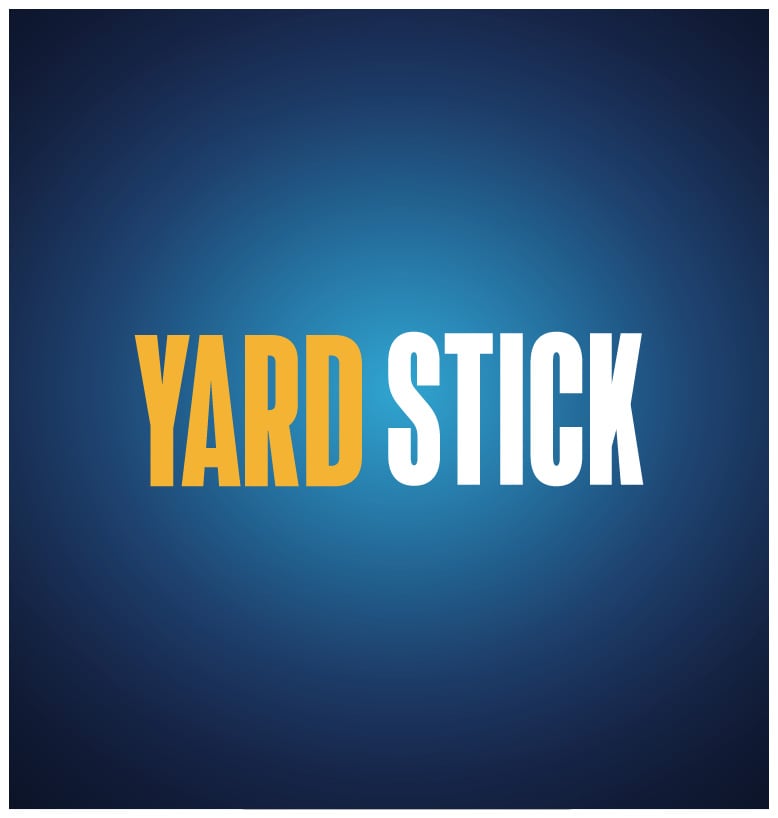
Yard Stick
Yard Stick was created with a mission to positively impact the climate by improving soil carbon measurement technologies.
Soil carbon sequestration efforts have been historically hindered by the complexity and cost of measuring soil organic carbon. By reducing the cost of high-quality soil carbon measurement by more than 90%, Yard Stick is dramatically expanding the opportunities for evidence-based, climate-positive agriculture. This will simultaneously improve ecosystem health, increase farmer livelihoods, and combat climate change.








